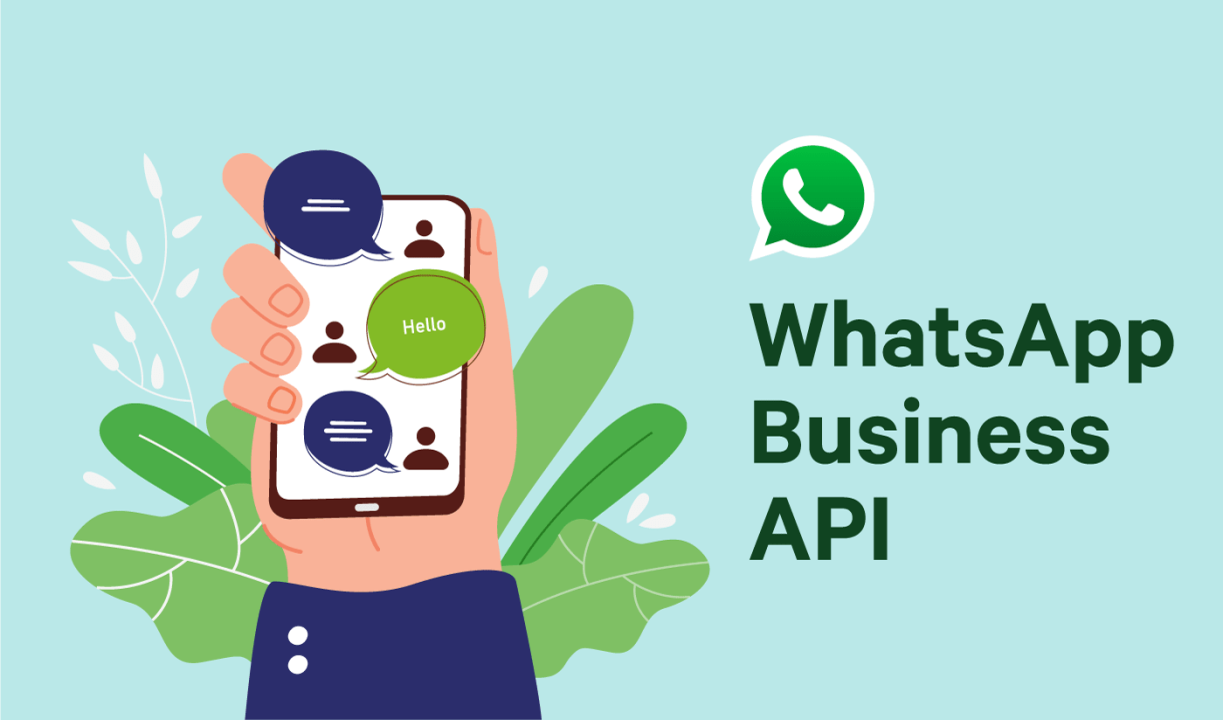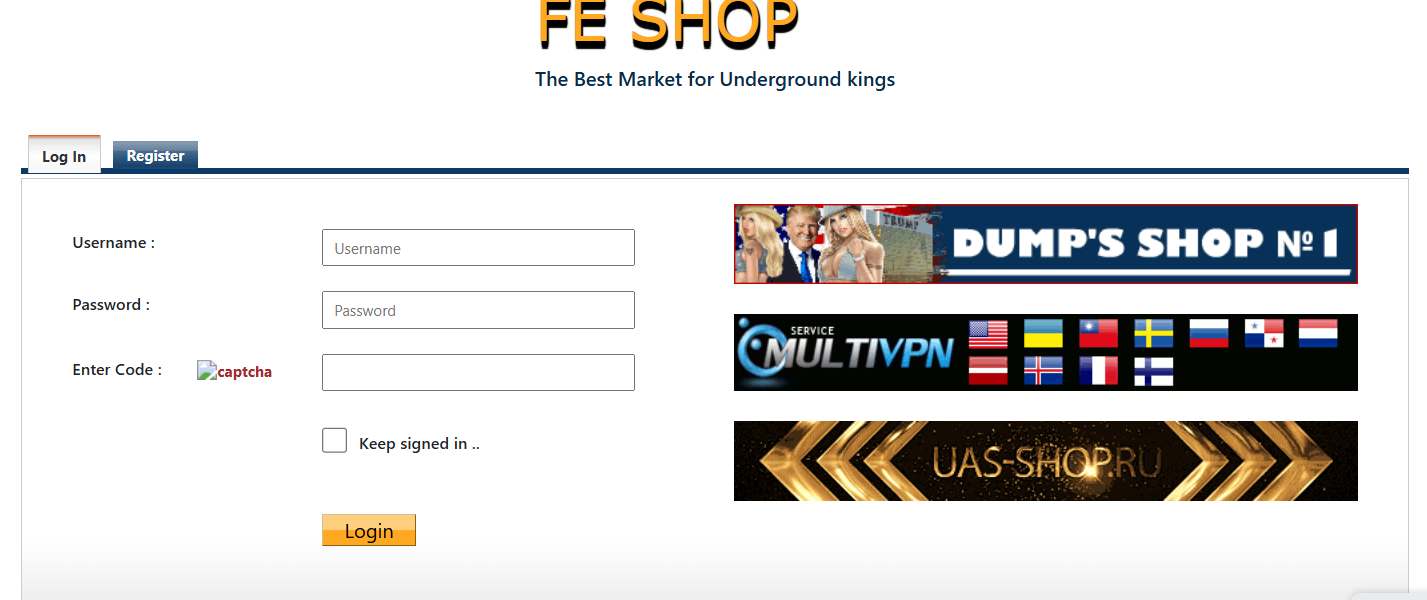In today’s fast-paced digital world, customer communication is the backbone of every successful business. Whether you’re managing a small startup or running a global enterprise, connecting with customers in real time has become essential. This is where the WhatsApp API steps in — a powerful solution that transforms how businesses interact with their audience.
What is WhatsApp API?
The WhatsApp Business API is an advanced communication interface designed by Meta (formerly Facebook) that allows businesses to integrate WhatsApp messaging into their systems, websites, or applications. Unlike the regular WhatsApp or WhatsApp Business App, which are limited to individual users or small businesses, the API is built for large-scale operations.
With the API, businesses can automate conversations, send notifications, provide customer support, and manage large message volumes efficiently. It’s not a standalone app — instead, it connects your business software or CRM (like HubSpot, Salesforce, or Zoho) with WhatsApp to create a seamless communication channel.
Why Businesses Need WhatsApp API
The popularity of WhatsApp is undeniable — with over 2.7 billion active users, it’s one of the most used messaging platforms worldwide. Businesses are realizing the power of meeting customers where they already spend their time. The WhatsApp API bridges the gap between brands and consumers by enabling secure, personalized, and fast communication.
Here are some key reasons businesses need WhatsApp API:
-
Instant Engagement: Reach customers directly on their smartphones without relying on emails or calls.
-
Automation and Efficiency: Automate responses and workflows to handle queries 24/7.
-
Secure and Trusted Platform: All messages are end-to-end encrypted, ensuring privacy and data safety.
-
Rich Media Messaging: Share images, documents, links, and videos to make communication more engaging.
-
Global Reach: Connect with customers anywhere in the world through a familiar interface.
How WhatsApp API Works
The WhatsApp Business API doesn’t operate like the standard app you download from the Play Store. Instead, it functions through integration with third-party providers or WhatsApp Business Solution Providers (BSPs).
Here’s how it typically works:
-
Business Verification: You first need to verify your business through Meta Business Manager.
-
Phone Number Setup: A dedicated phone number is registered and linked to your WhatsApp API account.
-
Integration: The API is then integrated into your business systems, such as your CRM or customer support software.
-
Automation & Messaging: You can now automate replies, send notifications, and engage customers using chatbots or live agents.
This setup allows for two types of messaging:
-
Session Messages: Replies sent within 24 hours of a customer’s message.
-
Template Messages: Pre-approved messages used for notifications like order confirmations or appointment reminders.
Key Features of WhatsApp Business API
The Whatsapp Cloud Api is loaded with powerful features that enhance business communication:
-
Two-Way Messaging: Enables real-time, interactive conversations with customers.
-
Automation & Chatbots: Automatically respond to FAQs, send updates, or assist with orders.
-
Multi-Agent Support: Multiple support agents can handle chats simultaneously through integration platforms.
-
Message Templates: Create reusable templates for consistent and compliant communication.
-
Analytics & Insights: Monitor engagement rates, delivery reports, and response times for performance tracking.
-
Integration Capability: Seamlessly connects with CRM, eCommerce systems, and marketing tools.
These features help businesses maintain personalized communication at scale while saving time and operational costs.
Benefits of Using WhatsApp API
Implementing WhatsApp API can completely transform your customer communication strategy. Here are some of the biggest benefits:
1. Improved Customer Experience
Customers value quick and convenient support. With WhatsApp API, businesses can offer instant responses, real-time tracking, and seamless problem resolution — all within a familiar chat interface.
2. Higher Engagement and Conversions
Compared to emails or SMS, WhatsApp messages boast open rates above 90%. Whether you’re sending a promotional message or a delivery update, the API ensures your communication gets seen and acted upon.
3. Enhanced Brand Credibility
WhatsApp provides a verified business profile for API users, which builds trust and transparency. Customers can view your company name, logo, and contact details, ensuring they’re engaging with an authentic brand.
4. Streamlined Business Operations
Through automation and integration, WhatsApp API reduces manual workloads and eliminates communication bottlenecks. Chatbots can handle repetitive tasks, freeing up human agents for more complex queries.
5. Cost-Effective Customer Support
Unlike traditional call centers, WhatsApp API allows businesses to serve multiple customers simultaneously, reducing support costs and increasing productivity.
Use Cases of WhatsApp API
The WhatsApp API can be adapted across multiple industries for a wide range of use cases:
-
E-Commerce: Send order confirmations, shipping updates, and product recommendations.
-
Healthcare: Schedule appointments, send reminders, or share test reports securely.
-
Travel & Hospitality: Provide booking confirmations, travel alerts, and itinerary updates.
-
Education: Notify students about schedules, assignments, and events.
-
Finance: Deliver transaction alerts, OTPs, and payment reminders securely.
The flexibility of WhatsApp API makes it suitable for virtually any business model looking to enhance communication and engagement.
How to Get Started with WhatsApp API
Getting started with WhatsApp API involves a few essential steps:
-
Choose a Business Solution Provider (BSP): Pick an official WhatsApp partner that offers API integration and support.
-
Verify Your Business on Meta: Complete the business verification process to ensure authenticity.
-
Set Up Your Number: Register a dedicated business phone number.
-
Design Message Templates: Create pre-approved messages for notifications and alerts.
-
Integrate and Automate: Connect your systems, CRM, or chatbot for automation.
Once configured, you can start engaging customers instantly through WhatsApp.
WhatsApp API Pricing
The pricing for WhatsApp API is based on the type and number of conversations your business has with customers. WhatsApp charges per 24-hour conversation window, which can be user-initiated or business-initiated. Prices vary depending on the country and your chosen BSP.
Most providers also offer flexible plans to fit your messaging volume and business needs.
The Future of WhatsApp API
As more companies prioritize digital communication, the WhatsApp API is becoming a critical tool for customer engagement. With ongoing improvements from Meta, such as AI chatbots and advanced analytics, businesses will continue to see better ways to connect with customers.
The API’s scalability, security, and reliability ensure it will remain a cornerstone of business communication for years to come.
The WhatsApp API is revolutionizing how businesses communicate with customers — offering a fast, reliable, and personalized experience. Whether you’re managing customer support, marketing campaigns, or automated notifications, WhatsApp API provides the tools to make every conversation meaningful.
By adopting this technology, businesses can not only improve engagement but also build stronger relationships, enhance trust, and boost overall efficiency. In the digital era, instant communication is no longer a luxury — it’s a necessity, and the WhatsApp API is leading that transformation.

